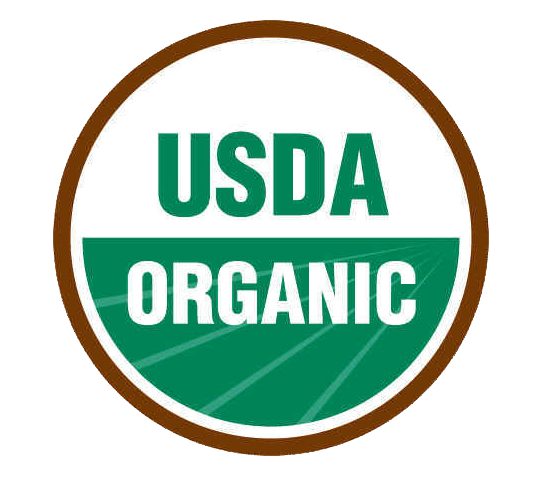Original Article by Lisa Bunin, PhD, for The Cornucopia Institute
Tuesday, September 29, 2020 - Sure, I eat organic food because I think it’s healthier for me than food grown with synthetic, toxic agrochemicals or food that’s been genetically engineered  or injected with growth hormones. But equally important to me are the multiple ecosystem services and broader benefits for society that organic farming provides.
or injected with growth hormones. But equally important to me are the multiple ecosystem services and broader benefits for society that organic farming provides.
For starters, when you eat organic, you support a system of food production that taps into the very best of what nature has to offer. You eschew farming practices that aim to overpower nature’s complex ecological systems by taming them with artificial chemicals. You reject the growing of a single crop on sterile land bereft of vegetation that extends for miles. And you sustain organic farmers and farming practices that enrich nature’s ecology by producing strong plants that resist pests and disease and produce healthy and delicious food.
When you eat organic, you endorse farming systems designed to maintain and improve the physical, chemical, and biological conditions of soil. Organic farmers manage crop nutrients and soil fertility through the application of organic matter and compost, as the organic regulations require. They plant cover crops for weed suppression, to increase earthworms and beneficial microorganisms in the soil, and to add essential plant nutrients that assist in plant growth and seed and fruit production. These practices also mitigate the adverse effects of climate change by improving soil’s water-holding capacity and regulating soil temperatures so that crops can survive during droughts, floods, and bouts of extreme heat or cold.
When you eat organic, you contribute to conserving water, protecting biological diversity, and defending wildlife, wild nature, and pollinators like bees, and butterflies. Standard organic farming practices such as planting high residue cover and rotational crops, like oats and hay, create large volumes of plant biomass that increase the amount of carbon stored (sequestered) in soils. These practices also prevent erosion and topsoil loss. Planting native hedgerows creates wildlife habitats and attracts pollinators, beneficial insects, and birds that fertilize crops and combat pests. When you eat organic, you also champion a healthier environment for those who grow your food. That’s not to say that farm work, organic or not, is easy. But a farm is certainly a healthier place for farmers to work when they are not exposed to synthetic fertilizers, insecticides, herbicides, and fungicides as they labor. Growing organic is also healthier for farming families and the communities where food is grown because those major sources of hazardous air and soilborne farm chemicals are largely eliminated. So are the accompanying social costs of ill health, reproductive disorders, and compromised immune systems. Since antibiotics and non-naturally occurring growth hormones are prohibited in organic animal rearing, organically raised animals receive more ethical treatment. Humans benefit, too, from not eating meat injected with drugs.
With all of the societal advantages of organic food production systems, it’s not surprising—and it’s certainly justifiable—that organic farmers get paid a premium price for the food they grow. After all, they use their labor, ingenuity, experiential knowledge, and instincts to maintain crop yields, instead of relying on quick toxic chemical fixes or unproven genetic engineering technology. They produce healthy food that’s good for the planet and all of its inhabitants, and they deserve to get paid a fair price for it.
So, when you eat organic, you can feel confident that you are contributing to a better world by supporting farmers and farming practices that steward the fertile land upon which a secure food future depends. What’s more, you help ensure that current and future generations of farmers can continue to provide themselves, their communities, and the world with healthy and nutritious, fresh food.
Given all of these benefits of eating organic, I have to agree with the take-home message of Maria Rodale’s book, Organic Manifesto: “If you do just one thing—make one conscious choice—that can change the world, go organic. Buy organic food. Stop using chemicals and start supporting organic farmers. No other single choice you can make to improve the health of your family and the planet will have greater positive repercussions for our future.”
Learn More at the Original Article Here
